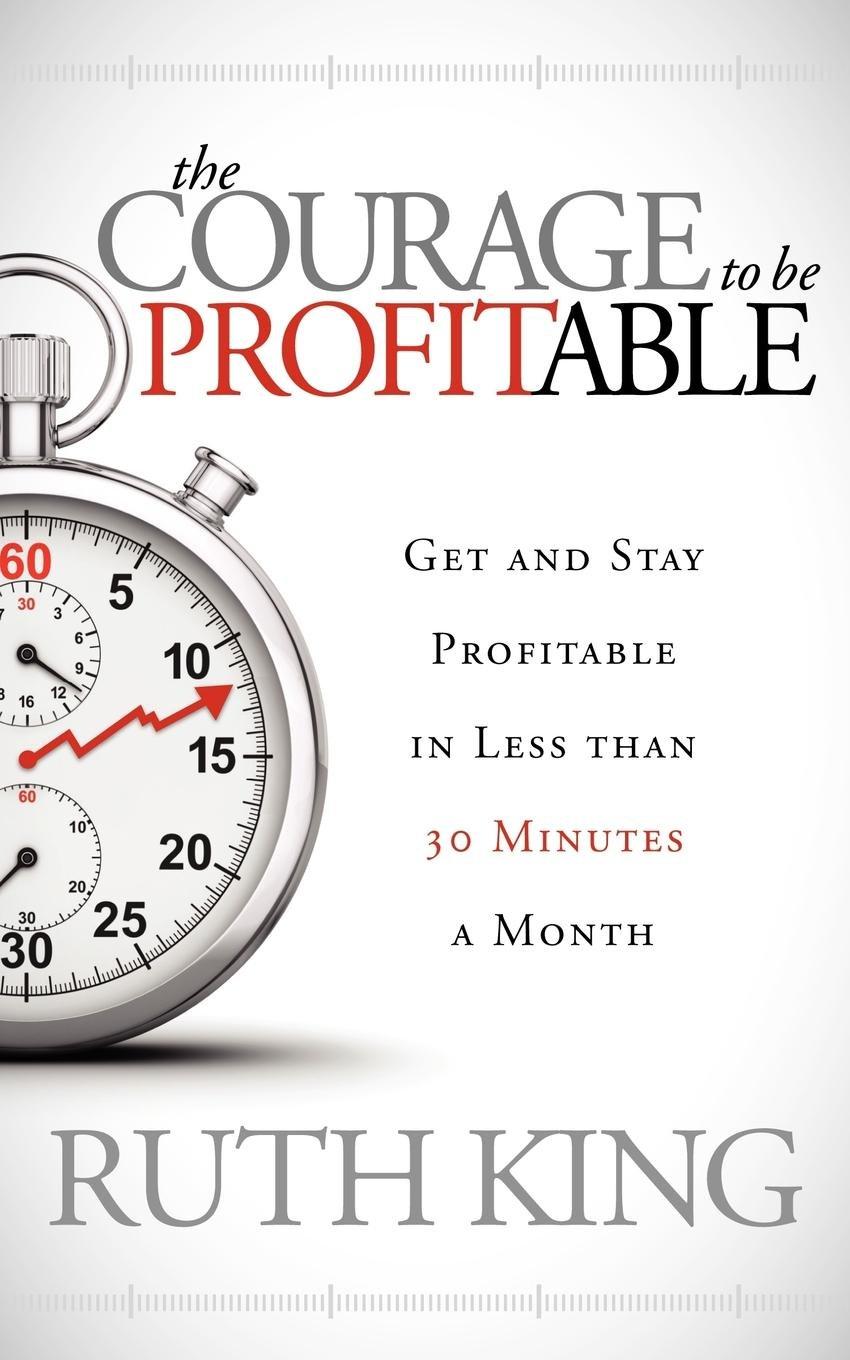Question
I am 35-year-old. I want to retire at the age of 65. I have thirty years remaining to retire. after retirement, I want to enjoy
I am 35-year-old. I want to retire at the age of 65. I have thirty years remaining to retire.
after retirement, I want to enjoy life in the same way as I did in my working days. Therefore, after retirement, my living cost would not change. Each year after retirement, I want to be able to withdraw $100,000 per year and live without any worries.
Constant APR is 3.9%
In order to be able to draw $100,000 in each year, my retirement account balance must be
=100,000/0.039
=
Hence my monthly deposit should be:
=2564102.56
=2564102.56
=2564102.56
=2564102.56
=2564102.56
= $3761
please use this information to answer this question .My withdrawa money is 100K and my month saving is 3761 for
The problem you must solve is:
-
Consider the savings plan you developed for yourself in the discussion board. How much did you determine you will need to save each month? You do not need to report the calculations again, but simply restate your conclusion.
-
With the savings plan you developed in the discussion, the monthly payments might be difficult to maintain or to pay at all. Suppose you decide to wait 4 more years until you retire. What are your monthly payments with this plan?
-
Now, suppose you can find an account that earns 4.2% interest instead. How does that change your monthly payments? (You choose how long until you retire in this question).
-
Interpret your calculated results and state some relevant conclusions.
Step by Step Solution
There are 3 Steps involved in it
Step: 1

Get Instant Access to Expert-Tailored Solutions
See step-by-step solutions with expert insights and AI powered tools for academic success
Step: 2

Step: 3

Ace Your Homework with AI
Get the answers you need in no time with our AI-driven, step-by-step assistance
Get Started


